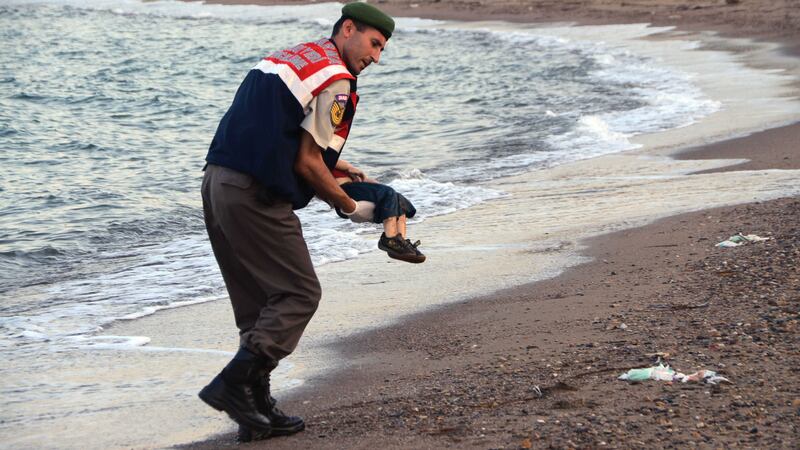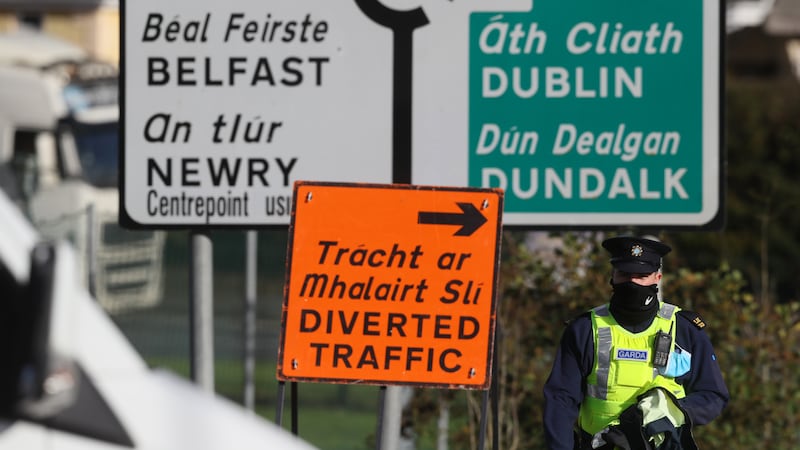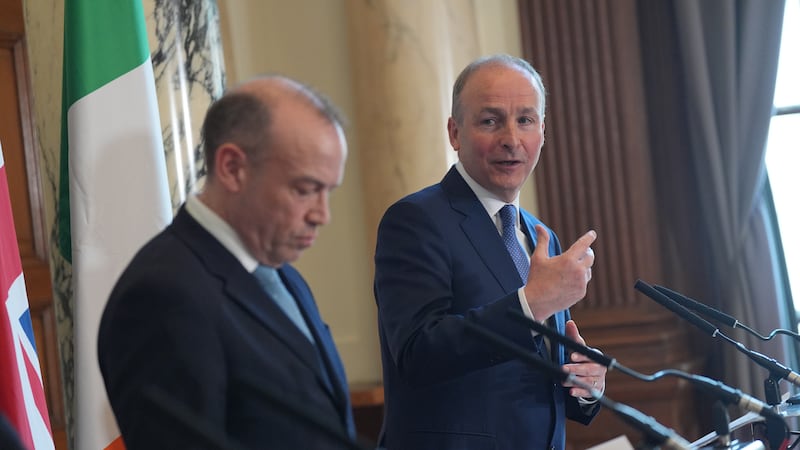Nilufer Demir is a name you'll not be familiar with. Until last week few people had ever heard of her but when at 6am on the morning of September 2, she photographed the lifeless body of a little boy face down in the sand she potentially saved the lives of hundreds of thousands of others like him.
News photographers and journalists have a big role to play keeping the public informed of global events, however unpalatable and however much those in power might rather their actions, or in this case lack of action, stayed hidden.
Aylan Kurdi and his brother Galipi have become symbols of Europe's inaction when faced with the biggest displacement of people since the Second World War.
The two little boys, like thousands of others in the last three years, perished along with their mother while their parents attempted to find a safe home for their children.
Just days before this tragedy a lorry with 71 bodies, mainly people fleeing Syria, was found by the side of a road in Austria. Among the dead were four children, one of them just a baby.
Unlike Aylan we don't know their names, but like him they're victims of a war in Syria that they had no part in starting. As with conflicts all over the world since time immemorial it's children who suffer for adults' desire for political power, religious dominance, land and status.
We don't see a lot of images of what Aylan's family fled in Syria, or at least we didn't until last week and there are reasons for this.
News agendas change, the public tire of seeing the same repetitive truth being forced on them day and daily. We should be ashamed that the modern phenomenon of 24 hour rolling news leaves us with the attention span of gnats. People want their news delivered in 140 handy characters via Twitter. There's little mind space for consideration as to the cause and effect of the Syrian war on that country's people and stability of the region.
Then there's the safety aspect. Syria is not only unsafe for families such as that of little Aylan. In the early days of the Syrian conflict journalist Marie Colvin lost her life in an air strike during the siege of Homs.
A veteran war reporter she refused to leave when other members of the press pulled back, feeling strongly the world needed to know what was happening. Three years on from her death and little has changed in the region. In fact the humanitarian crisis has deepened.
No consideration was given to what or who would replace the regimes in both Iraq and Libya when the west decided to both invade and interfere in those countries' affairs. The Arab spring was encouraged and in some cases armed by countries that now resent having to house the civilian refugees whose lives have been destroyed as a result.
Opening rooms in your home to a refugee, while admirable, is not the solution to a long term problem.
The people currently camped at the side of the roads and railways across mainland Europe would rather be back in their own land with their family, their children safely at school.
But that's not possible and what they need is stability, work and somewhere to live.
No one chooses to be a refugee. Little Aylan didn't chose to be a refugee, his tragic death finally captured the world's attention to a humanitarian disaster.
Stalin's assertion that a single death is a tragedy but a million deaths is a statistic can be fittingly applied to the current refugee crisis.
In this case one tragic death, that of a much loved little boy washed up on a Turkish beach, might just be the catalyst that will bring real change and compassion to the current refugee crisis, but more importantly place political pressure on those who could help stabilise the region and secure a more permanent solution to a disaster of epic proportions.
However, isn't it truly awful that it took a photograph of a dead child to shame political leaders into action.








